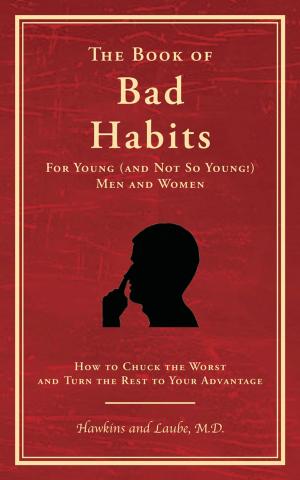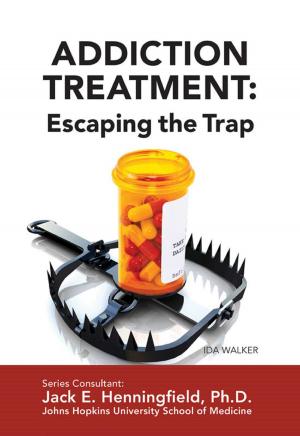The Eloquence of Effort: Beware the Path of Least Resistance
Nonfiction, Science & Nature, Science, Physics, Energy, Kids, My Family, My Feelings, My Friends, Health and Daily Living| Author: | Indar Maharaj | ISBN: | 9780995344013 |
| Publisher: | Indar Maharaj | Publication: | November 23, 2017 |
| Imprint: | Language: | English |
| Author: | Indar Maharaj |
| ISBN: | 9780995344013 |
| Publisher: | Indar Maharaj |
| Publication: | November 23, 2017 |
| Imprint: | |
| Language: | English |
The Eloquence of Effort echoes the merits of conscientious toil. It provides an insightful look into the benefits of sustained socio-economic effort. To convincingly argue that dreams are only achievable through mind-numbing toil, the writer draws heavily from biographical, philosophical, economic, religious, historical and scientific data.
Work is the mission; the multiple rewards are the byproducts, he argues. More importantly, the pleasure resides in the effort, not the results. Against the dark backdrop of malignancies inflicted on society by unrepentant leeches, the benefits of worker integrity are sharply focused. The reader is imperceptibly nudged into a higher plane of reality: namely, purposeful effort, regardless of its nature, is supremely rewarding. The writer forces the realization that regardless of the immediate outcome, effort is never wasted. Conversely, indolence is the bane of progress and the root cause of economic crimes. Indeed, corruption in all its diabolical forms is nothing but laziness masquerading as diligence and embraced by those wanting the most for the least.
Analysis of biographical data sustains the thesis that industry prolongs life; indolence truncates it – a finding supported by the Second Law of Thermodynamics.
The persuasiveness of the arguments is supported by a wealth of references. Together they form the final authority; they have given resonance to the arguments contained herein.
The Eloquence of Effort echoes the merits of conscientious toil. It provides an insightful look into the benefits of sustained socio-economic effort. To convincingly argue that dreams are only achievable through mind-numbing toil, the writer draws heavily from biographical, philosophical, economic, religious, historical and scientific data.
Work is the mission; the multiple rewards are the byproducts, he argues. More importantly, the pleasure resides in the effort, not the results. Against the dark backdrop of malignancies inflicted on society by unrepentant leeches, the benefits of worker integrity are sharply focused. The reader is imperceptibly nudged into a higher plane of reality: namely, purposeful effort, regardless of its nature, is supremely rewarding. The writer forces the realization that regardless of the immediate outcome, effort is never wasted. Conversely, indolence is the bane of progress and the root cause of economic crimes. Indeed, corruption in all its diabolical forms is nothing but laziness masquerading as diligence and embraced by those wanting the most for the least.
Analysis of biographical data sustains the thesis that industry prolongs life; indolence truncates it – a finding supported by the Second Law of Thermodynamics.
The persuasiveness of the arguments is supported by a wealth of references. Together they form the final authority; they have given resonance to the arguments contained herein.















